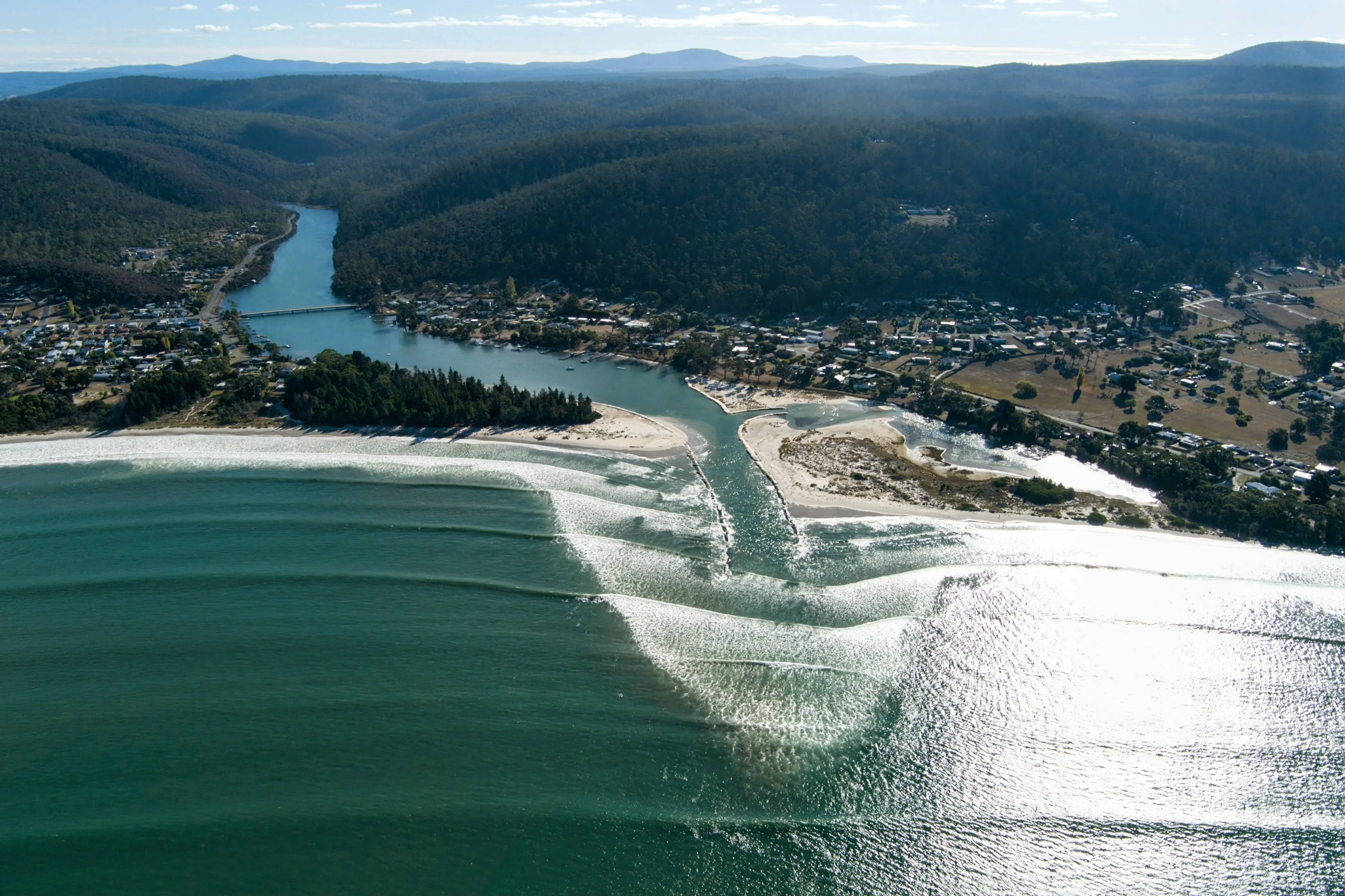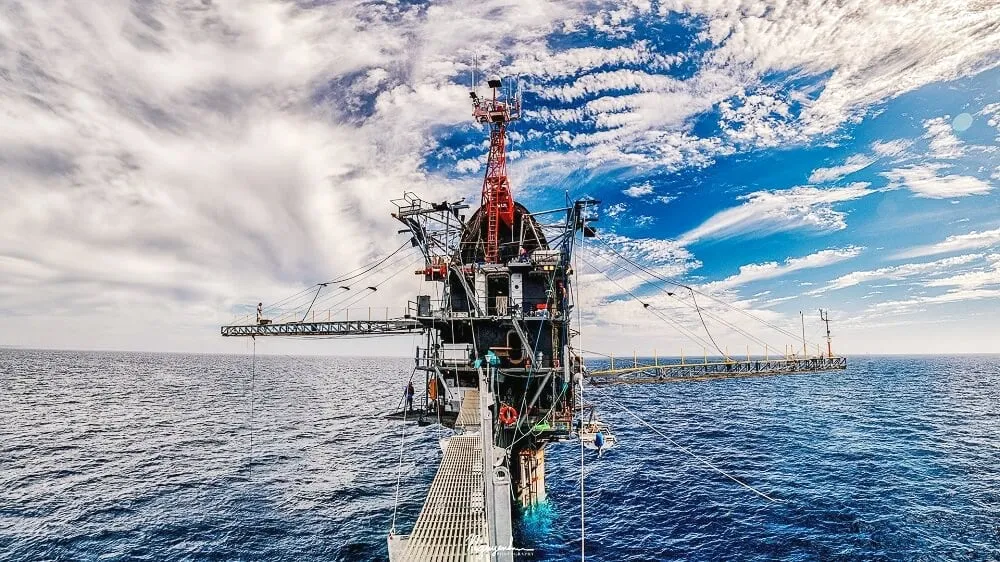In the water before sunrise, surprisingly excellent day 👌
Ocean
Kirsty Elson
kirstyelson.co.ukBodyboard shapers keep craft alive as sport rises in Australia
abc.net.auOrford Rivermouth
imgur.comTim McKenna
timmckennaphoto.comAndrea Spencer
andreaspencerglass.comBen Thomas
benthomas.coDanielle Currie
satellitestitches.comWorld’s Strangest Research Vessel Heads for Scrapyard After 60 Years
maritime-executive.comGroundwater Pumping Causes Earth’s Rotational Pole to Shift: New Study
businessinsider.comBelow the Earth’s surface lies over a thousand times more water than all the rivers and lakes in the world.
This groundwater accounts for almost all the freshwater on the planet.
But in many areas of the world, groundwater is being extracted faster than the rate that it naturally recharges.
A recent study found that humans are pumping so much groundwater that it’s not only increasing sea levels, it’s actually shifting the entire planet on its axis.
Hokusai – The Great Wave
lego.comVanessa Barragão
vanessabarragao.comAustralian Wildfires Triggered Massive Algal Blooms in Southern Ocean
nicholas.duke.eduThe discovery raises intriguing new questions about the role wildfires may play in spurring the growth of microscopic marine algae known as phytoplankton, which absorb large quantities of climate-warming carbon dioxide from Earth’s atmosphere through photosynthesis and are the foundation of the oceanic food web.
“Our results provide strong evidence that pyrogenic iron from wildfires can fertilize the oceans, potentially leading to a significant increase in carbon uptake by phytoplankton,” said Nicolas Cassar, professor of biogeochemistry at Duke’s Nicholas School of the Environment.
The algal blooms triggered by the Australian wildfires were so intense and extensive that the subsequent increase in photosynthesis may have temporarily offset a substantial fraction of the fires’ CO2 emissions, he said. But it’s still unclear how much of the carbon absorbed by that event, or by algal blooms triggered by other wildfires, remains safely stored away in the ocean and how much is released back into the atmosphere. Determining that is the next challenge, Cassar said.



























